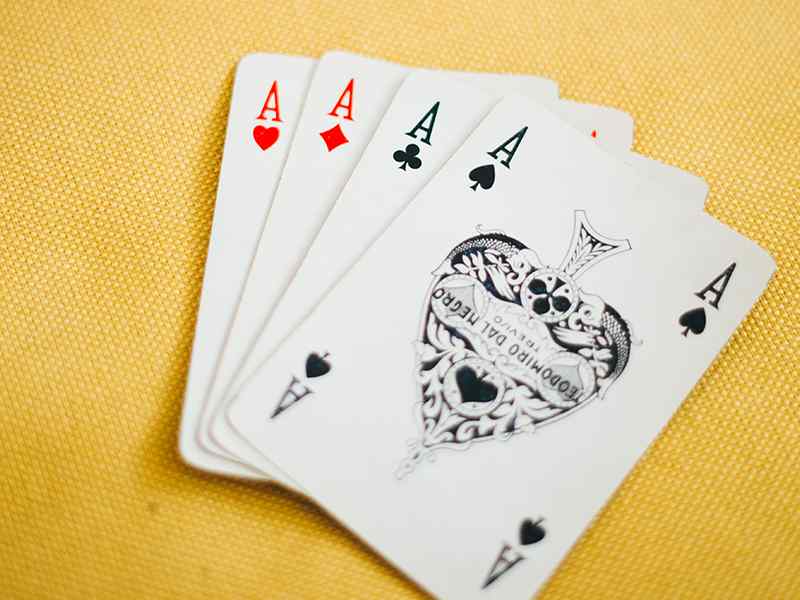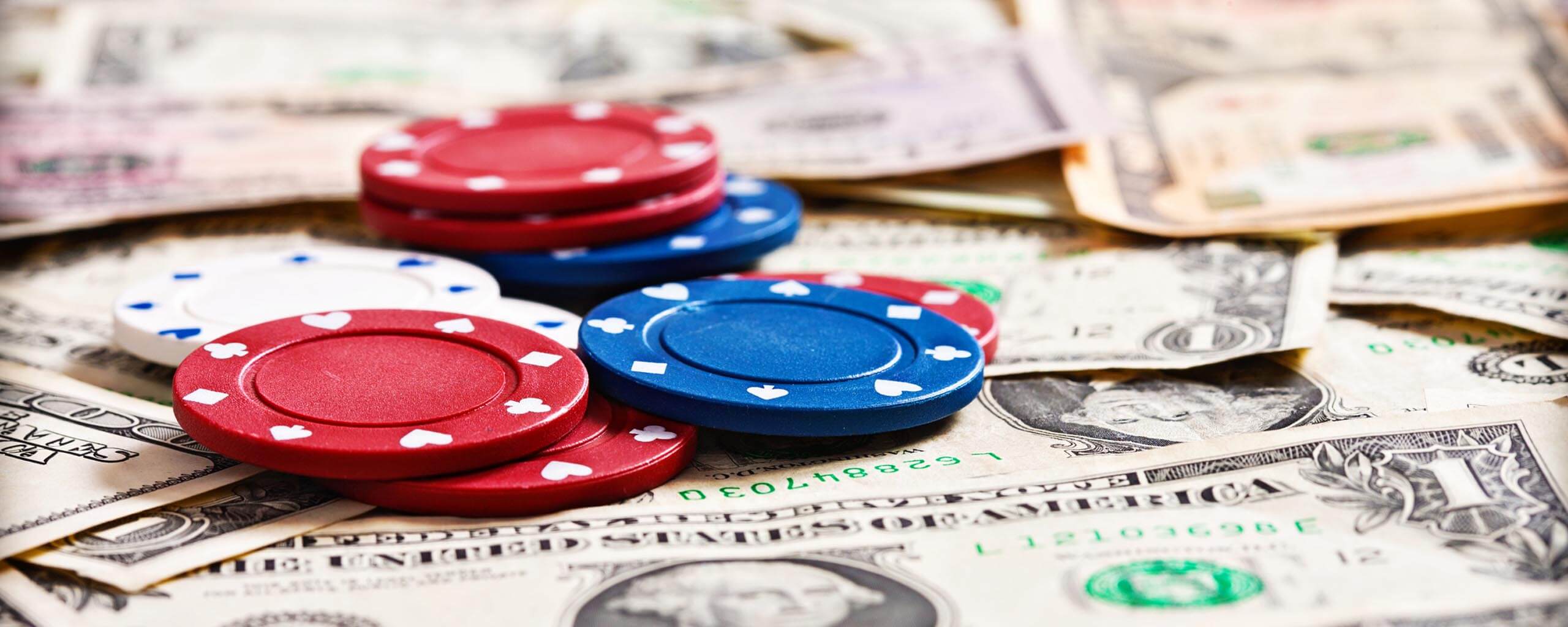Having a set bankroll is vital for online poker because it helps you keep track of funds. Ignoring the importance of a bankroll is one of the big mistakes online poker players make.
A Skrill account is a great way to manage your bankroll as it lets you keep your funds in one online wallet and quickly move it between poker sites. Here are some more tips on how to manage your bankroll.
What is a poker bankroll?
Your bankroll is the total sum of the money you’ve set aside for playing poker, which many gamers choose to keep in a digital wallet.
It isn’t:
- the amount in your online poker account
- money you have in your bank account for bills and your mortgage
- money you're expecting to get in the future
Visit Find My UK Casino to learn why Skrill is the digital wallet of choice for online poker players.

Building a bankroll
Even if you’re a skillful poker player, there will be times when you lose. The idea of a bankroll is to never lose more than you’re willing to.
If you’re playing low stakes, you’ll need a smaller bankroll. If you’re playing higher stakes, such as tournament poker with a higher buy-in, it’ll have to be much bigger.
To build your bankroll, don’t invest all your money in one game. Keep to a limit and make sure your funds are separate from your bank account.
The size of bankroll you need
The amount you put into your bankroll should be the amount you’re willing to risk.
It seems simple, but for some people $10,000 is an acceptable amount, and for others it will be $10. So, be realistic based on your salary and funds.
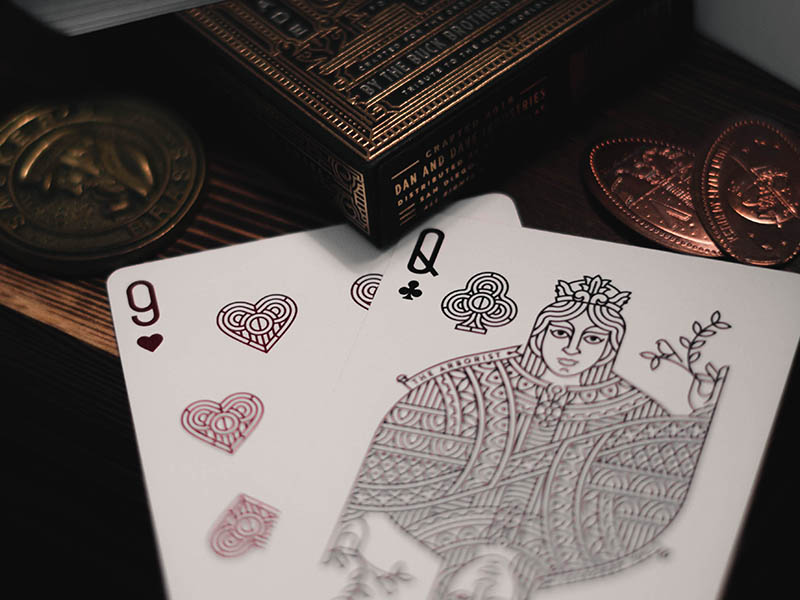
The stakes
Whether low stakes or high, you should decide on what’s right for you based on your skill level and what you’re comfortable betting.
Type of games played
Tournaments have a much higher variance than cash games. This makes for a high fluctuation in your bankroll demands.
What’s variance? Another of poker’s more jargon-y terms, variance is used to examine the differences between an individual result and the average for a set of results.
To explain variance, it’s often compared to chess. Chess is a game purely of tactics and skill, whereas poker needs skill too, but mixed with luck.
The variance is produced by the difference between good and bad luck. In high variance games there’s a greater element of luck, which makes the outcome less predictable.
The higher the variance of your game type the more buy-ins you should have in your bankroll.
Your ability
The size of your bankroll also depends on how good a poker player you are.
If you’re a cash game player that wins 50% of the time, you need a bigger bankroll than a player that wins 75% of the time.
Why? Because you’ll need more buy ins.
Betting limits
The betting limits you play will also have significance for your bankroll.
Limit hold’em players often have a smaller bankroll for two reasons. Firstly, they can opt for smaller buy-in amounts than no-limit or pot-limit players. Secondly, limit hold’em is generally less volatile than no-limit or pot-limit poker, so your bankroll can be smaller.
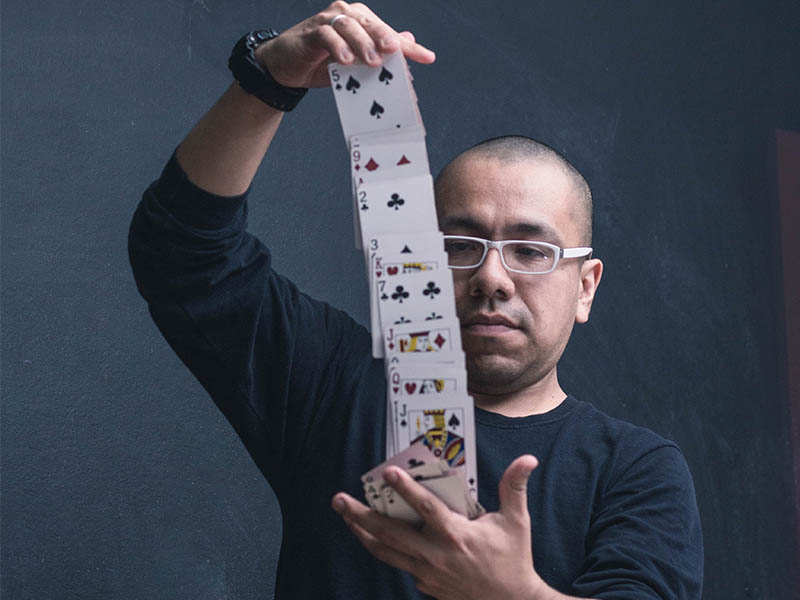
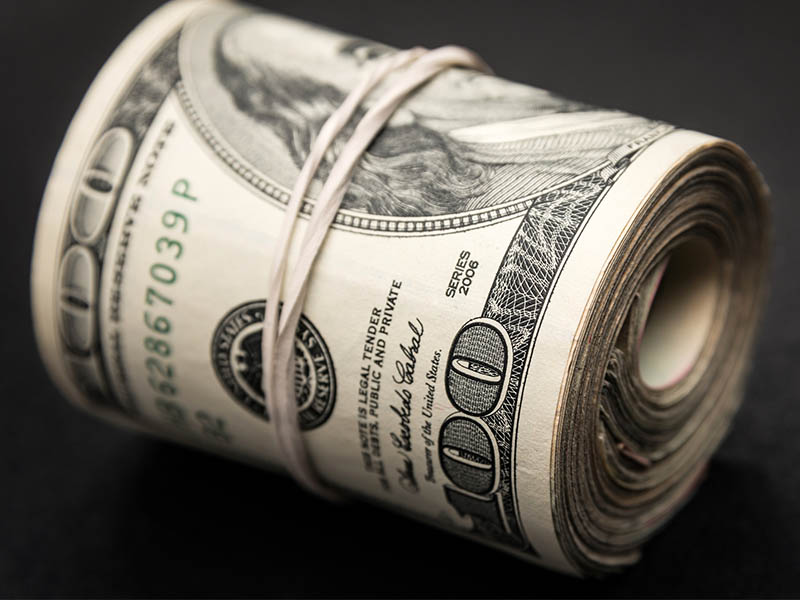
Managing Your Bankroll
Here are some key rules to follow for good bankroll management:
- Never play with money you can't afford to lose.
- Don't chase your losses.
- Never have more than 5-10% of your poker money on the table/invested at any one time.
- Don't move up stakes until you have enough of a bankroll buffer to outlast any downswings.
- Give yourself a limit of buy-ins you can lose before you need to quit a game.
- Don’t mix money: keeping a separate digital wallet is a great way to compartmentalise your bankroll, so you’re less inclined to use other money.
- Keep track of every session you play. Keeping precise records of your wins and losses is essential to managing your poker bankroll well and ensuring you have the right percentage of your roll on the table at any one time.
When practicing good bankroll management, never gamble what you can’t afford to lose and adjust the size of your bankroll to your game type and skill.
Don’t rely on your poker account balance; separate off your bankroll to stay disciplined.


